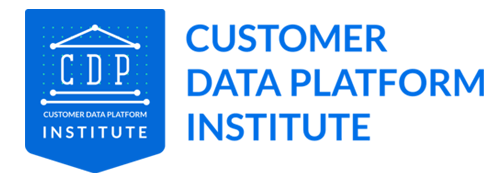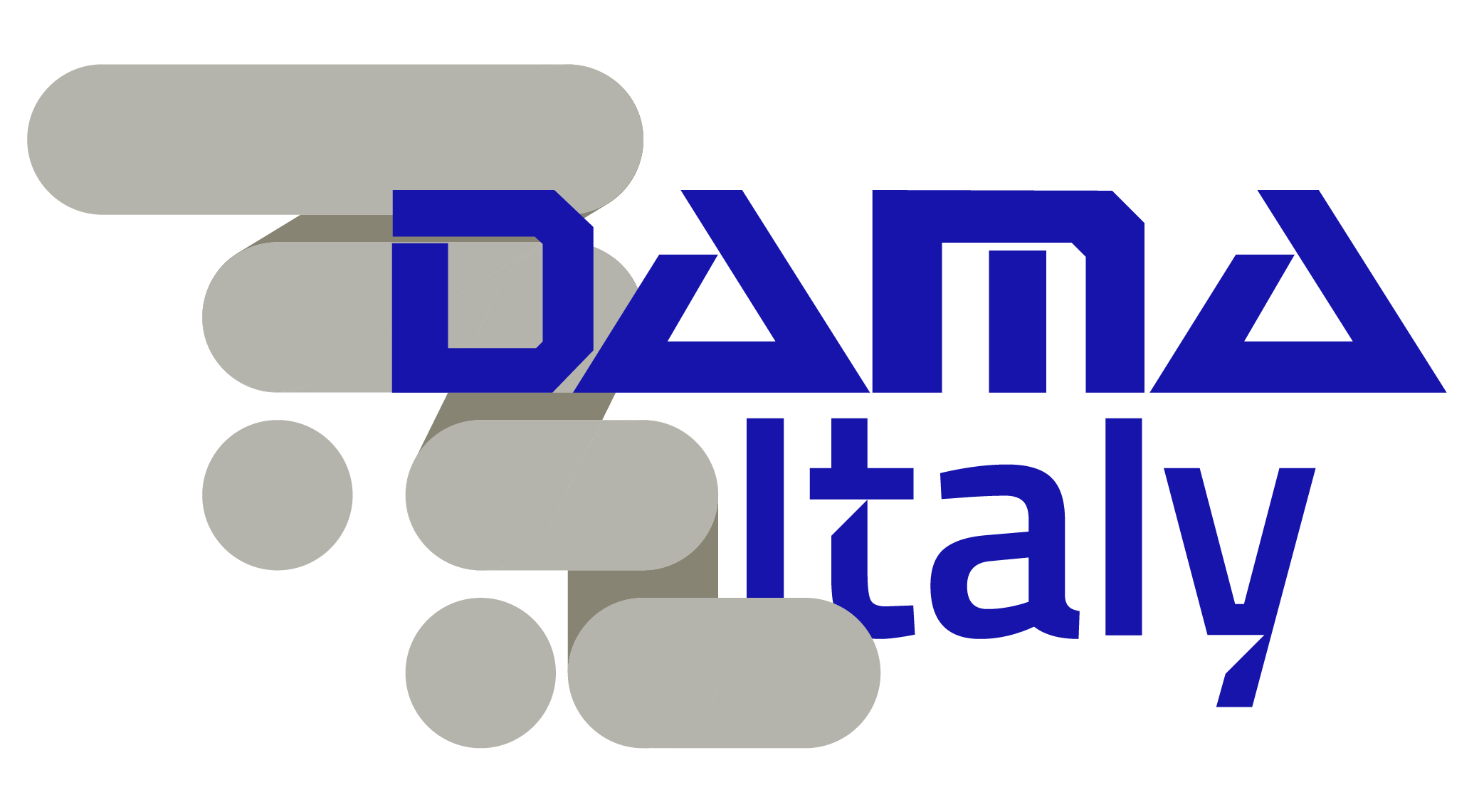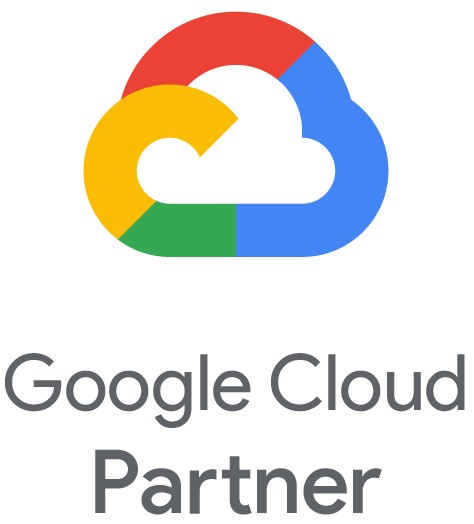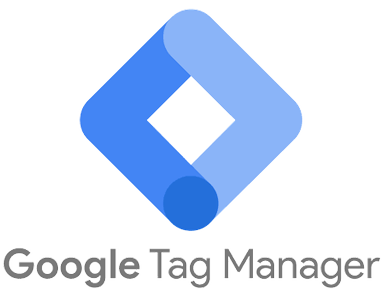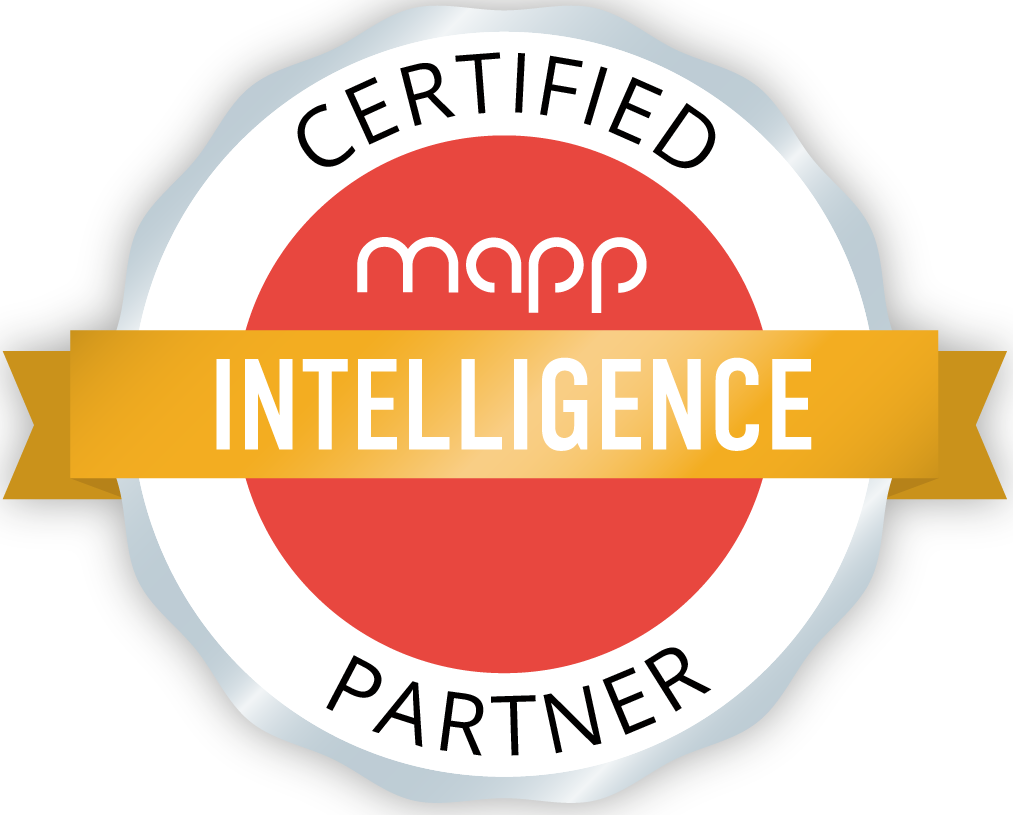In the first part of this series (Part 1), we explored the evolution of Unified Marketing Measurement (UMM) from Marketing Mix Modeling (MMM). We then examined how UMM empowers marketers to overcome the challenges of attribution models in an era of declining cookie-based data reliability. Finally, we discussed how adopting UMM effectively demands a mindset shift toward statistical evaluation.
The novelty of UMM is largely driven by advancements in Artificial Intelligence (AI) and Generative AI (GenAI). AI-based Marketing Mix Models, introduced by industry leaders like Google and Meta, have laid the groundwork for data scientists to develop a diverse array of models. Beyond this foundation, GenAI promises to unlock even greater progress in marketing innovation.
AI: The Driving Force Behind Modern UMM
AI-powered open-source MMM packages, released by Google, Meta, PyMC, and others, have transformed traditional models and marketing measurement by making them faster and more accessible to a wider audience.
Today’s open-source Marketing Mix Modeling tools feature Machine Learning algorithms that support model building in several ways:
- Automating data processing tasks, such as data preparation and the analysis of large datasets
- Identifying patterns, trends, causality, and long-term dependencies in data
- Accelerating model building, testing, and refreshing
- Creating “what-if” scenarios
- Generating predictive and prescriptive outputs
The diverse communities behind these tools continuously enrich them with refinements, improvements, and updates. Their flexibility allows these technologies to adapt to any business type, and their open-source nature makes them highly cost-effective. As a result, MMM models have become a commodity, paving the way for more sophisticated marketing tools.
The most advanced Unified Marketing Measurement approaches leverage AI to triangulate modern MMM models with Multi-Touch Attribution and Experiments, thereby deriving precise, tailor-made omnichannel measurements.
GenAI Further Enhances UMM
Generative AI’s capabilities are demonstrating increasing versatility with each passing day. When setting up a Unified Marketing Measurement system, GenAI can be leveraged in several ways:
- Chat with Your Data: One of GenAI’s most notable capabilities is generating conversational text based on a given knowledge base. When that knowledge base consists of one’s own data, terminology, and use cases, they can interact with their data through conversation. This allows them to obtain the insights they need for decision-making far more quickly than sifting through even the most advanced and user-friendly dashboards.
- Advanced Time-Series Analysis: GenAI-powered time-series analysis offers enhanced accuracy by detecting complex patterns and more effectively handling missing data compared to traditional interpolation methods.
- Predicting Behaviors in the Absence of Data: Forecasting the outcomes of budget allocations in a new market, where data is inherently lacking, can be difficult. GenAI-based approaches allow for more nuanced estimates by leveraging data from other contexts, incorporating domain knowledge, and integrating external data in a uniquely tailored mix.
Another key area where GenAI is highly relevant for UMM is in the generation of Synthetic Data, which will be the focus of our next article.






















